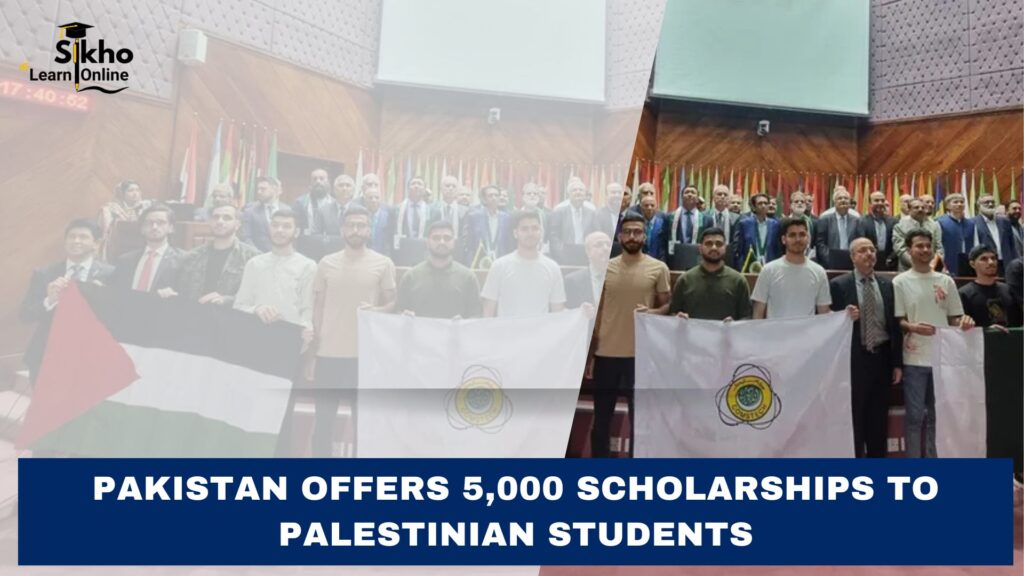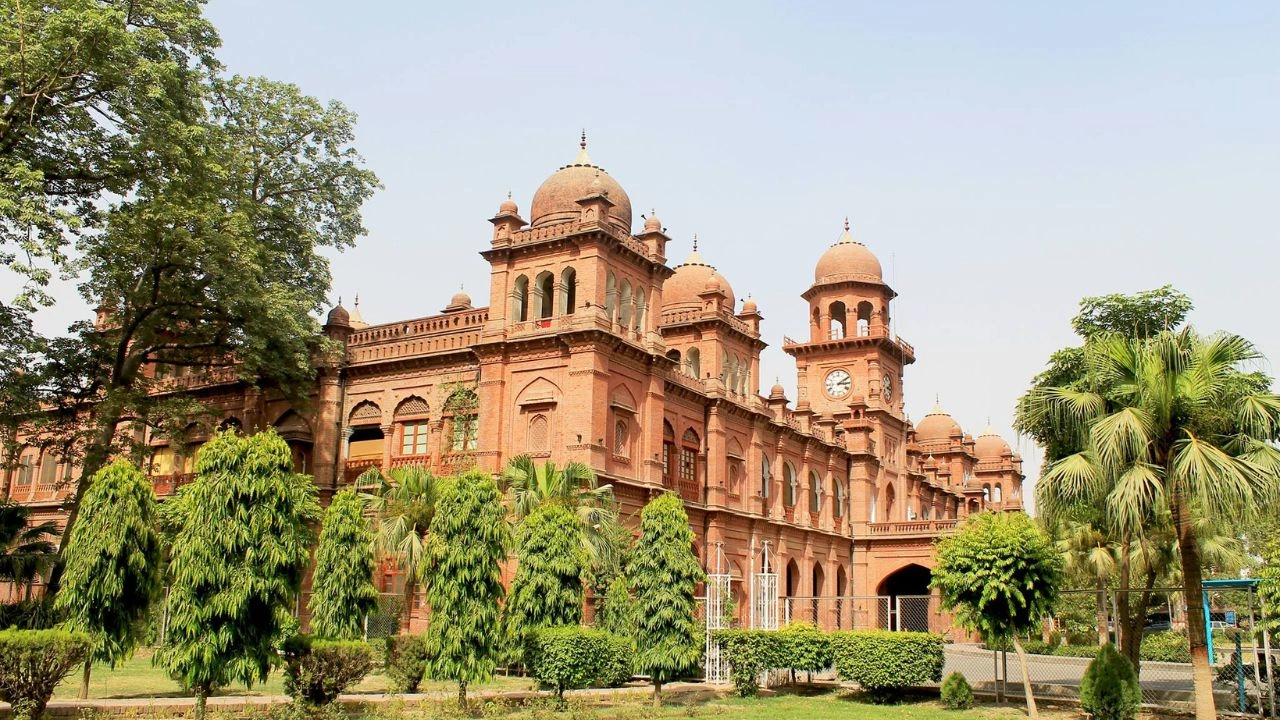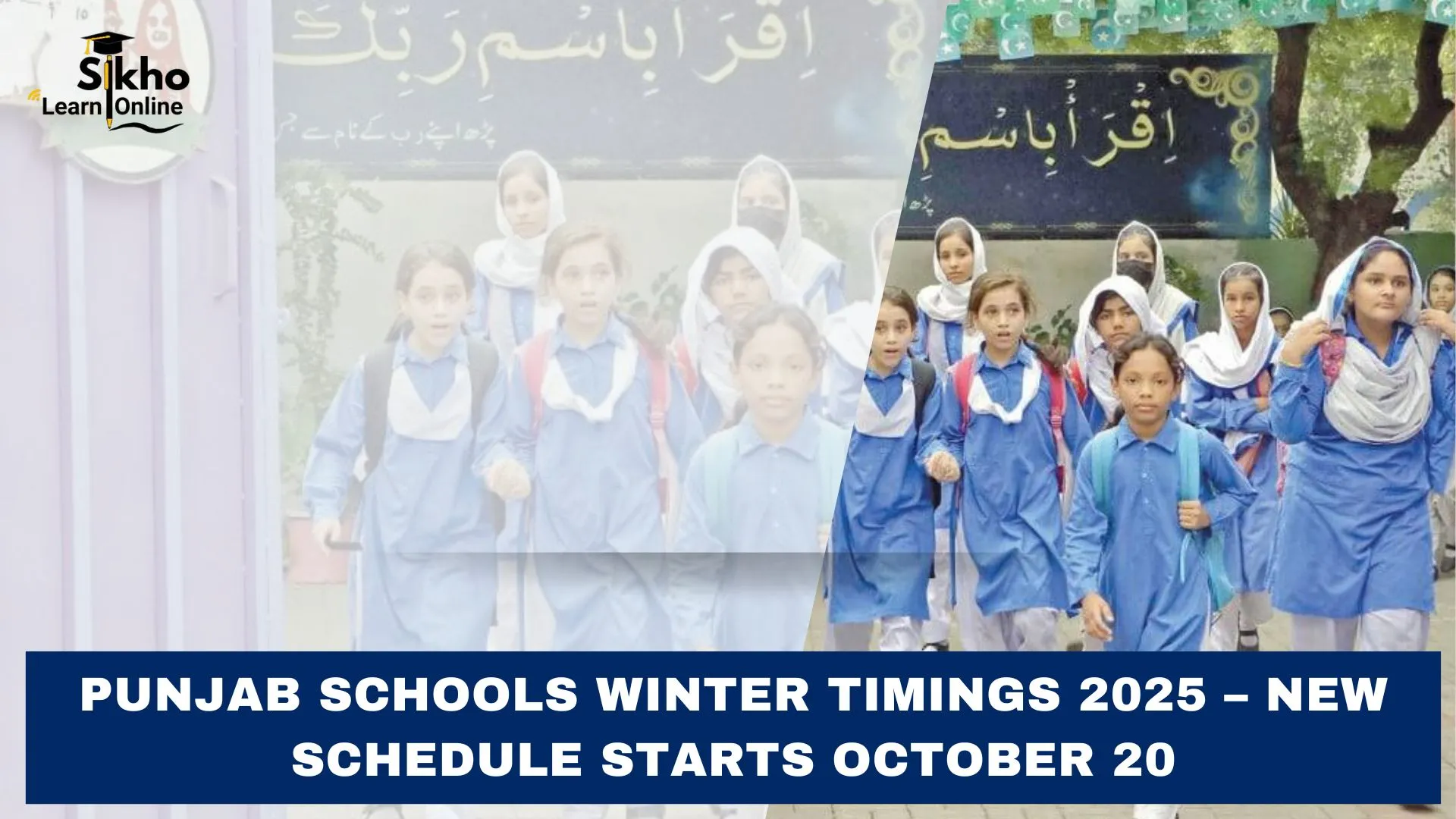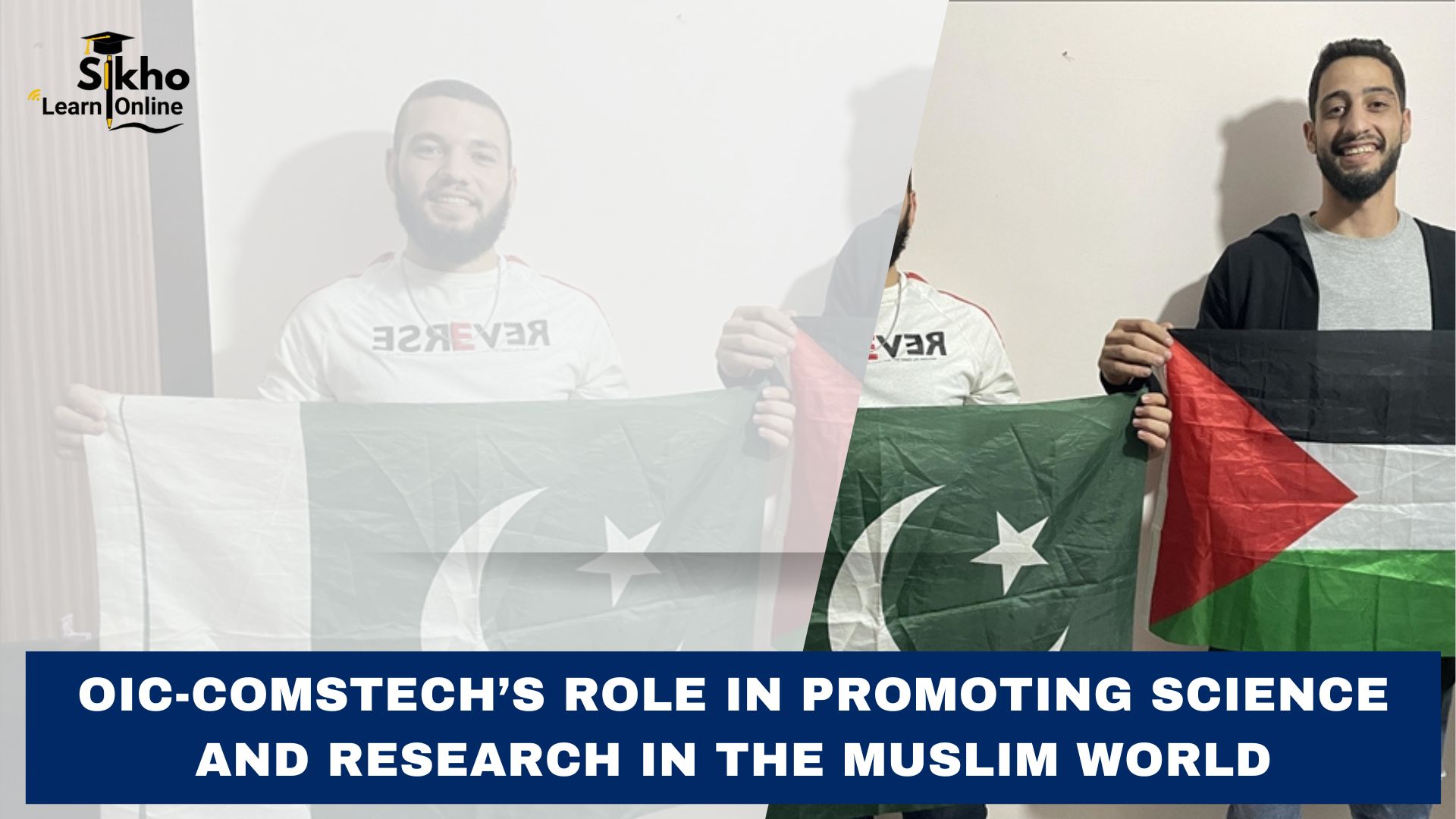Pakistan has reaffirmed its unwavering support for the people of Palestine by announcing 5,000 scholarships and fellowships for Palestinian students under a new initiative aimed at rebuilding Gaza’s educational and scientific infrastructure. The announcement was made by Federal Minister for Education and Professional Training, Dr. Khalid Maqbool Siddiqui, during the inaugural Palestine–Pakistan Rectors’ Forum titled “Higher Education and Scientific Research in Gaza: The Way Forward”, held at the OIC-COMSTECH Secretariat in Islamabad.
This landmark initiative highlights Pakistan’s continued commitment to the Palestinian cause — not just through words of solidarity but through practical collaboration in education, research, and innovation. Speaking at the event, Dr. Siddiqui emphasized that education remains the most powerful tool to rebuild war-torn societies and empower future generations.
Pakistan Extends Academic Hand to Palestine
Addressing academic leaders and representatives from both Pakistan and Palestine, Dr. Khalid Maqbool Siddiqui described the initiative as a symbol of shared resilience and brotherhood between the two nations. He said that Pakistan’s offer of 5,000 scholarships for Palestinian students represents more than an educational opportunity — it is a gesture of hope, rebuilding, and long-term partnership.
He further stated, “This initiative is not just about academics; it’s about rebuilding Gaza through knowledge, peace, and progress. Education is the foundation upon which we can construct a stable and prosperous future for the Palestinian people.”
The scholarships will cover various fields, including science, technology, engineering, health sciences, and innovation, aligning with Pakistan’s goal of promoting research-driven collaboration between universities of both countries.
OIC-COMSTECH’s Role in Empowering Palestinian Youth
The OIC Standing Committee on Scientific and Technological Cooperation (COMSTECH) has been instrumental in launching academic and technical programs aimed at empowering Palestinian students and professionals. Dr. Siddiqui acknowledged COMSTECH’s significant contributions, commending its Basic Life Support and Trauma Management Courses, technical skills development initiatives, and the newly announced 5,000 fellowships for Palestinian youth.
He highlighted that these fellowships are designed to strengthen Palestine’s scientific community and nurture young researchers who can play a pivotal role in rebuilding Gaza’s higher education and health sectors.
COMSTECH’s Coordinator General, Professor Dr. M. Iqbal Choudhary, also spoke at the event, reaffirming Pakistan’s determination to translate words into action by fostering sustainable academic collaboration between Pakistani and Palestinian universities. He emphasized that science and education are essential tools for rebuilding nations devastated by conflict and displacement.
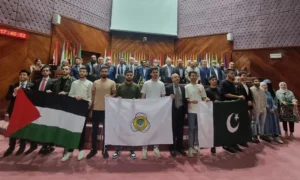
Forum Marks a New Chapter in Pakistan-Palestine Academic Cooperation
The Palestine–Pakistan Rectors’ Forum brought together rectors, vice-chancellors, and education policymakers from leading universities in both countries. The gathering aimed to explore joint programs in research, innovation, capacity building, and technology transfer, especially in areas critical to Gaza’s reconstruction.
Delegates discussed potential exchange programs, joint research projects, and faculty training initiatives to enhance academic excellence and innovation. The forum concluded with the signing of a Memorandum of Understanding (MoU) between Pakistani and Palestinian higher education institutions to establish long-term academic cooperation and mutual support.
Participants also emphasized the need for a digital learning platform that would allow Palestinian students to access online education from Pakistani universities, especially given the ongoing restrictions and infrastructural challenges in Gaza.
Rebuilding Gaza Through Knowledge and Peace
Dr. Siddiqui underscored that the partnership between Pakistan and Palestine goes beyond traditional diplomacy. It represents a moral, humanitarian, and educational alliance that aims to bring lasting change. He reiterated Pakistan’s continued advocacy for the Palestinian cause on every global platform, highlighting that education remains the cornerstone of true freedom and empowerment.
“When we invest in Palestinian students, we are investing in the future of an entire nation. Our goal is to help Palestine rebuild its educational institutions, strengthen its scientific research, and ensure that its youth have the knowledge and tools to shape a better tomorrow,” he stated.
The initiative is expected to pave the way for collaborative research in health sciences, engineering, information technology, and agricultural development, enabling Palestine to rebuild vital sectors that have been severely affected by years of conflict.
A Milestone for Bilateral Relations
The forum and scholarship announcement mark a significant milestone in Pakistan-Palestine relations. For decades, Pakistan has been a steadfast supporter of the Palestinian struggle for self-determination. This educational partnership reinforces that commitment, transforming diplomatic solidarity into actionable programs that foster growth and development.
Observers have hailed this move as a progressive and visionary step by the Government of Pakistan, reflecting its belief that education is the key to sustainable peace in the region. The collaboration is also expected to enhance people-to-people connections and promote a culture of research and innovation between the two brotherly nations.
Pakistan’s announcement of 5,000 scholarships for Palestinian students stands as a powerful testament to the country’s enduring friendship with Palestine. It symbolizes a shift from mere political support to tangible cooperation aimed at rebuilding Gaza’s academic and scientific foundation. Through COMSTECH’s ongoing initiatives and the collaborative spirit of both nations, this program will open new doors of opportunity for Palestinian youth and strengthen educational diplomacy across the Muslim world.




